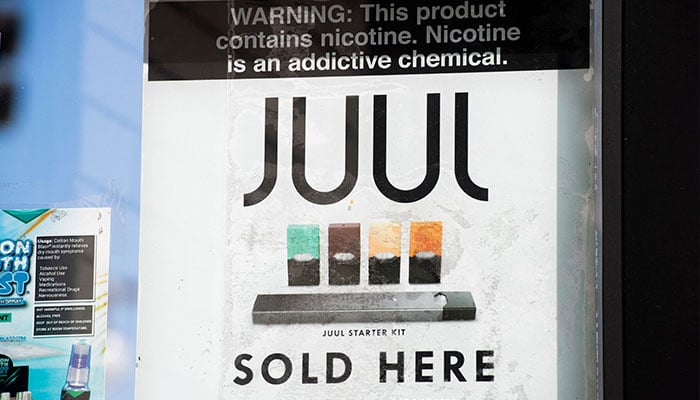Australia to ban recreational vaping, announces crack down on black market
Aussie Health Minister Mark Butler says the products are creating a new generation of nicotine addicts.
May 02, 2023

The Australian government has announced to ban on recreational vaping, introduce minimum quality standards, and restrict the sale of vapes to pharmacies.
Nicotine vapes already need a prescription in Australia, but the industry is badly regulated and a black market is flourishing.
Health Minister Mark Butler says the products are creating a new generation of nicotine addicts.
Also known as e-cigarettes, vapes heat a liquid - usually containing nicotine - turning it into a vapour that users inhale. They are widely seen as a product to help smokers quit.
But in Australia, vapes have become a recreational product targeted at kids and "sold alongside lollies and chocolate bars" in retail stores, Mr Butler argues.
"Just like they did with smoking, 'Big Tobacco' has taken another addictive product, wrapped it in shiny packaging and added flavours to create a new generation of nicotine addicts," he will say in a speech unveiling the reform on Tuesday.
Vapes are considered safer than normal cigarettes because they do not contain harmful tobacco. But health experts advise that vapes are not risk-free - they can often contain chemicals - and the long-term implications of using them are not yet clear.
But the Australian government argues they are a public health threat and one that disproportionately affects young people.
Research suggests one in six Australians aged 14-17 years old has vaped, and one in four people aged 18-24.
"By contrast, only 1 in 70 people my age have vaped," Mr Butler, who is 52, will say.
The new measures he will announce include a ban on all disposable vapes and on the import of non-prescription products.
Prescriptions will be necessary for vaping products that remain legal, and they will be required to have pharmaceutical-like packaging. Restrictions on flavours, colours, nicotine concentrations and other ingredients will also be introduced.
Mr Butler says the government will also seek to make it easier for people to get a prescription for "legitimate therapeutic use".
A handful of other countries, like Singapore and Thailand, have also banned vaping and Australia's medicines regulator - the Therapeutic Goods Administration - has been recommending reform.
But some politicians, industry bodies and health professionals say Australia should be relaxing its laws.
National Party leader David Littleproud argues the country should emulate New Zealand's approach and regulate nicotine vapes much like cigarettes.











